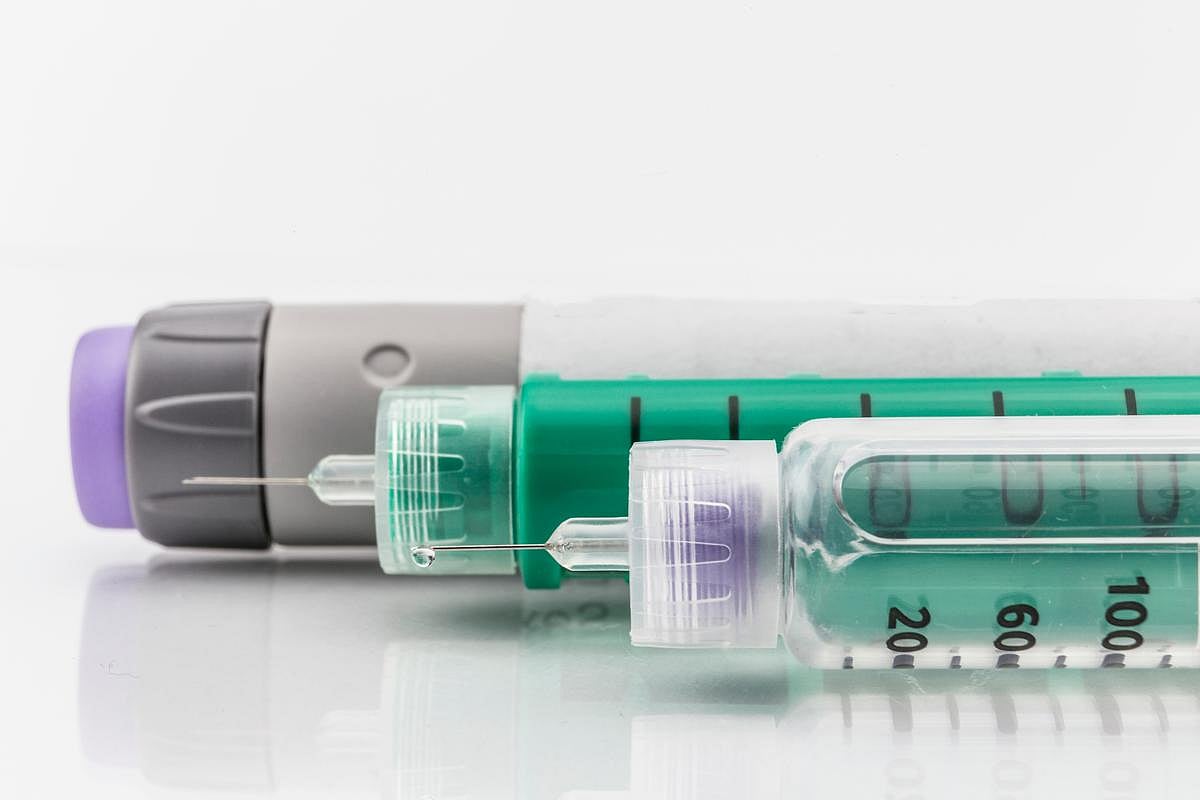
Remember your sweet-hearted grandmother, who never seemed out of sorts no matter what nonsense landed in her lap? That’s a skill, and it improves during a person’s lifespan, a new study says. Women get better at managing their anger as they age, starting in middle-age, researchers reported today in the journal Menopause. That doesn’t mean… read on > read on >


















